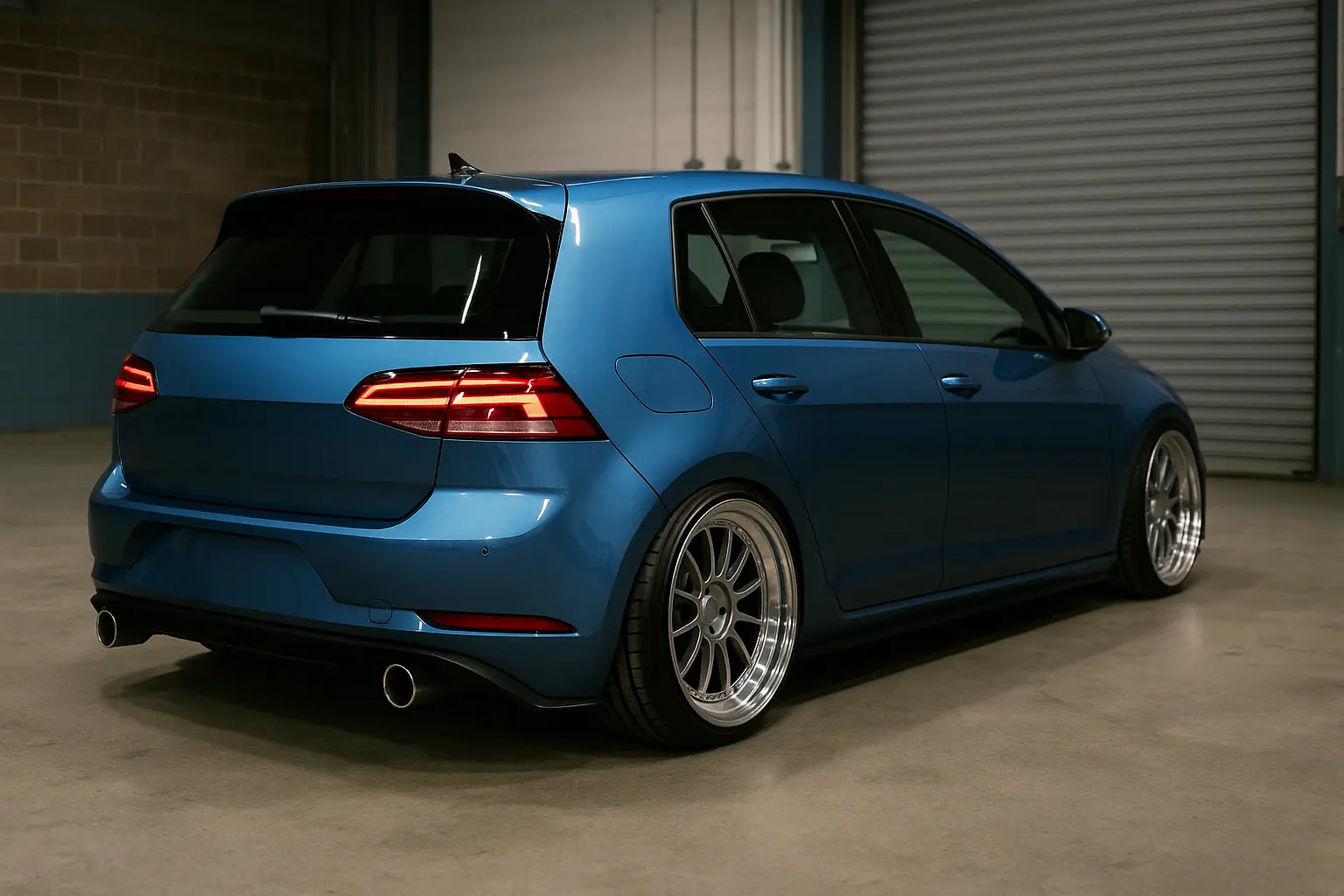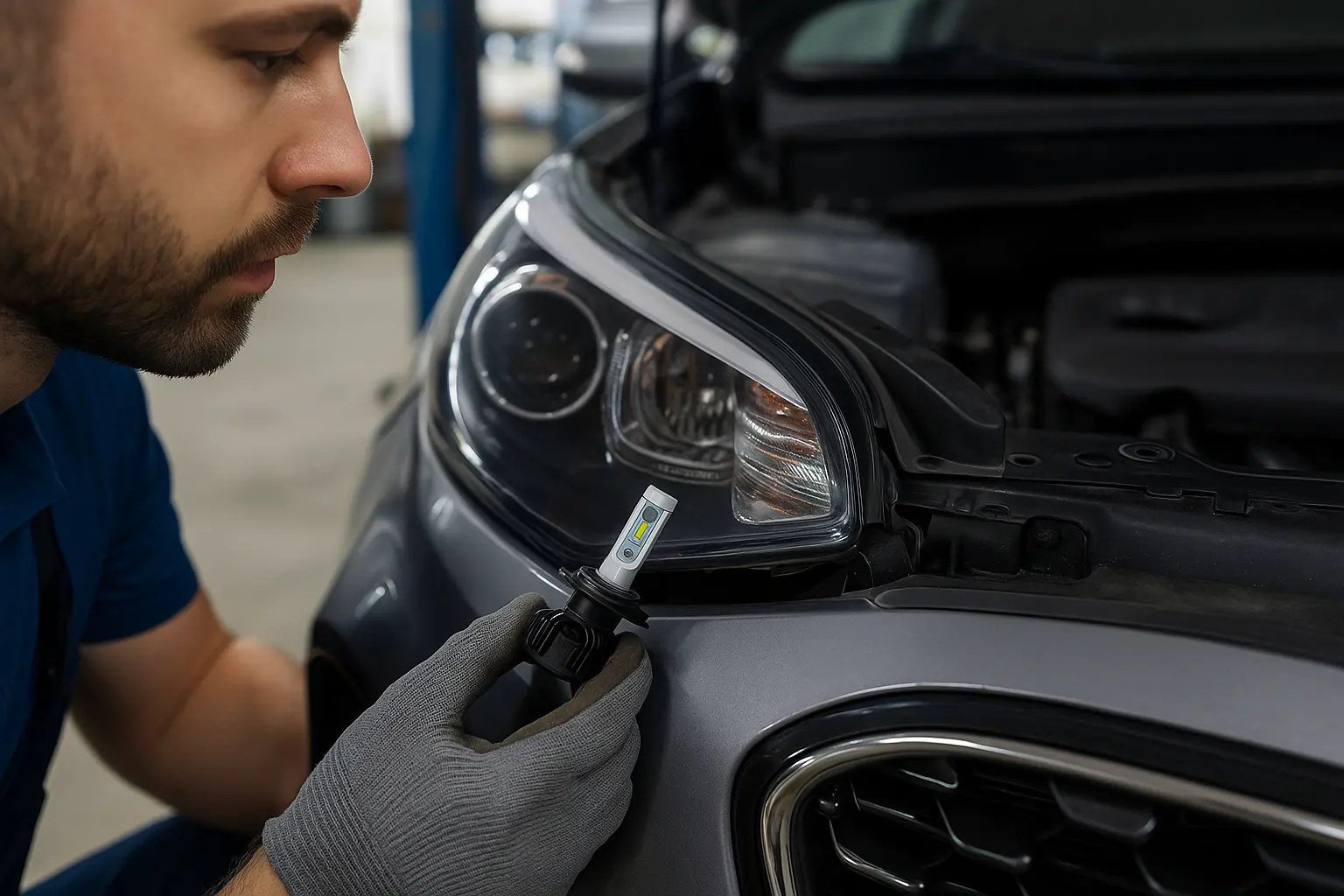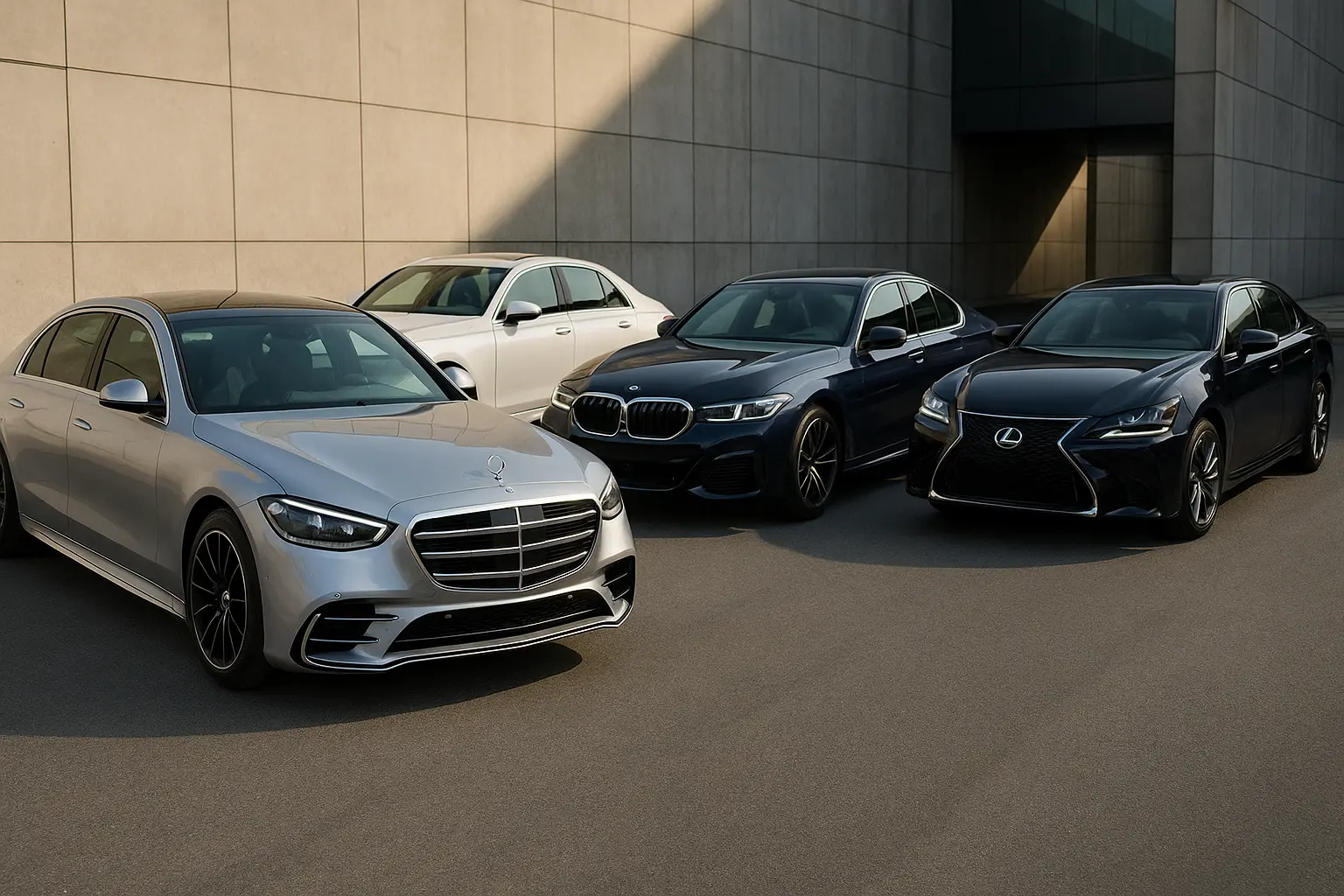🚗 Top DIY Car Mods Legal in Australia – 2025 Update
Customising your car is a passion shared by many Australians. Whether it’s for improved performance, comfort, or aesthetics, car modifications can add serious personality and practicality to your vehicle. But with strict regulations in place across different states and territories, it’s vital to ensure your DIY upgrades are completely legal.
In this 2025 guide, we explore the best DIY car mods that are legal in Australia, how to do them safely, what to avoid, and what rules you need to follow. This is your ultimate breakdown of smart and street-legal car personalisation.

✅ Understanding Legal Car Modifications in Australia
Before we dive into the mods, it's important to understand the legal framework for car modifications in Australia.
What Makes a Car Mod Legal?
A modification is considered legal if:
It doesn’t compromise the safety of the vehicle.
It complies with ADR (Australian Design Rules).
It doesn’t negatively affect emissions or noise levels beyond regulated limits.
It doesn’t change your vehicle classification (e.g., car to off-road vehicle).
It doesn’t interfere with the driver’s vision, airbags, or crash zones.
Each state or territory may have additional requirements, so always check with your local roads and transport authority (e.g., VicRoads, RMS NSW, TMR QLD).
🛠️ Top DIY Mods That Are Legal in Australia (2025 Edition)
Here’s a detailed list of DIY modifications you can safely perform without running afoul of the law.
1. Upgrading Headlights & Taillights (With ADR-Compliant LEDs)
✅ Legal if you:
Use ADR-compliant bulbs.
Maintain correct alignment and brightness.
Avoid coloured or strobe lights.
💡 Popular upgrades:
Plug-and-play LED kits.
Sequential indicators.
Smoked taillight housings (if compliant).
🛠️ Difficulty: Easy
💰 Estimated Cost: $100–$300
2. Performance Air Filters (Panel or Pod Style)
✅ Legal if:
It doesn’t change the intake system significantly.
It doesn’t interfere with emissions systems.
💡 Benefits:
Slight power gains.
Better airflow and engine sound.
🛠️ Difficulty: Easy
💰 Estimated Cost: $80–$250
3. Cat-Back Exhaust Systems
✅ Legal if:
It doesn’t exceed the noise limits (generally 90-95 dB).
It maintains emission control components (like the catalytic converter).
💡 Bonus:
Better sound and minor power improvement.
🛠️ Difficulty: Medium
💰 Estimated Cost: $400–$1,200
4. Upgraded Wheels and Tyres
✅ Legal if:
Wheel diameter is within +15mm/-26mm of stock.
Tyres comply with speed and load ratings.
You don’t exceed track width limits.
🛠️ Tip: Use online tyre/wheel calculators before swapping.
🛠️ Difficulty: Medium
💰 Estimated Cost: $600–$2,000
5. Window Tinting
✅ Legal if:
VLT (Visible Light Transmission) is within state-specific limits.
Windscreen tinting is minimal or only on the top strip.
Tint doesn’t have reflective properties beyond legal limits.
💡 Popular in coastal areas to reduce heat and glare.
🛠️ Difficulty: Medium (DIY kits available)
💰 Estimated Cost: $100–$400
6. Strut Braces and Sway Bars
✅ Legal if:
They are bolted in and don’t interfere with crash structures or airbags.
💡 Improves handling for cornering enthusiasts.
🛠️ Difficulty: Medium
💰 Estimated Cost: $200–$600
7. Steering Wheel Covers & Interior Trims
✅ Legal and safe if:
They don’t interfere with airbag deployment.
They are secured and don’t hinder driving.
💡 Other legal interior upgrades:
Seat covers
Dash mats
Custom shift knobs
🛠️ Difficulty: Easy
💰 Estimated Cost: $20–$150
8. Android Auto & Apple CarPlay Head Units
✅ Legal if:
Installed correctly and securely.
Does not require altering airbag or crash components.
💡 Adds:
Voice navigation, music, Bluetooth, reversing camera integration.
🛠️ Difficulty: Medium
💰 Estimated Cost: $250–$800
9. Reversing Cameras and Parking Sensors
✅ Legal and encouraged:
Helps with safety, especially for larger vehicles.
Often DIY-friendly using kits.
🛠️ Difficulty: Medium
💰 Estimated Cost: $100–$500
10. Dash Cams
✅ Fully legal if:
They are mounted outside the driver’s direct line of sight.
No wires dangle across the dashboard or impair airbag zones.
💡 Great for insurance and safety evidence.
🛠️ Difficulty: Easy
💰 Estimated Cost: $50–$300
11. Aftermarket Seats (With Certification)
✅ Legal if:
The seat is ADR compliant.
You don’t remove or alter airbags.
You retain functioning seatbelts and anchorage points.
🛠️ Difficulty: High
💰 Estimated Cost: $600–$1,500
12. Battery Upgrades (for 12V & Dual Battery Systems)
✅ Legal if:
Correct fusing and wiring are used.
It’s securely mounted.
💡 Useful for 4WD owners running fridges, lights, or accessories.
🛠️ Difficulty: Medium to High
💰 Estimated Cost: $300–$1,000+
⚠️ Mods You Should Avoid Without Certification
Here’s a list of mods that are either illegal without engineer sign-off or outright banned:
Engine swaps without engineering approval.
Lowering beyond legal ride height (often 100mm ground clearance minimum).
Loud exhausts exceeding dB limits.
Deleting emissions controls (e.g., catalytic converters, EGR systems).
Installing non-ADR lights (e.g., underglow, strobe).
Removing airbags or seatbelts.
Tuning ECU for higher emissions.
Bullbars not ADR compliant (especially in urban areas).
🧰 Tools You’ll Need for DIY Legal Mods
Torque wrench
Sockets and ratchets
Trim removal tools
Wiring crimpers
Multimeter
Jack and axle stands
Interior pry tools
Service manual for your specific car
📜 Legal Check: State-by-State Mod Rules Snapshot (2025)
| State/Territory | Tint VLT (%) | Ride Height Min. | Exhaust Noise Max. | Notes |
|---|---|---|---|---|
| NSW | 35% (front) | 100mm | 90dB | Engineer certs common |
| VIC | 35% (front) | 100mm | 90dB | Highly policed |
| QLD | 35% (front) | 100mm | 95dB | 4WD mods common |
| WA | 35% (front) | 100mm | 90dB | Must notify some changes |
| SA | 35% (front) | 100mm | 90dB | Less strict on exhaust |
| TAS | 35% (front) | 100mm | 90dB | Rego inspection critical |
| ACT | 35% (front) | 100mm | 90dB | Similar to NSW |
Always double-check with local regulations before starting mods.
🔧 Pro Tips for DIY Modding Legally
Keep all receipts and documentation.
Take before/after photos for insurance.
Notify your insurer of any changes.
Avoid mods that interfere with VINs or engine numbers.
Use ADR-approved products whenever possible.
Test fit everything before making permanent changes.
🚘 Why Legal Mods Are Worth It
Modifying your car can bring serious benefits:
Better driving experience
Increased resale value (if done right)
Personal satisfaction
Improved tech and safety
Enhances your understanding of your vehicle
And when done legally, you avoid fines, failed rego checks, or voiding insurance.
🏁 Final Thoughts
Modding your car in 2025 doesn't mean dodging the law – in fact, there are heaps of legal, practical, and affordable upgrades that can be done with a few tools and the right parts. Whether you’re after better tech, improved performance, or a customised look, this guide covers Australia’s most popular legal DIY car mods.
Always remember to check state regulations, use certified parts, and when in doubt, ask a professional. A legally modified car is not only safer but also keeps you roadworthy and insured.
Leave a comment
Your email address will not be published. Required fields are marked *




